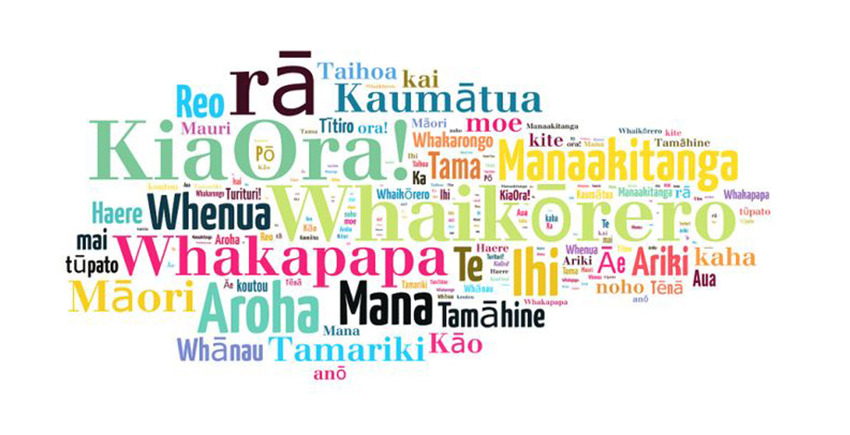When I lived in Wellington, New Zealand from 2012-2014, I was amazed by the number of my New Zealand friends who were either roughly fluent or at least spoke a few basic sentences in Te Reo Maori, an Eastern Polynesian language spoken by the Maori people of New Zealand.

Having grown up in BC, I knew very little of our Indigenous languages (and history… to be completely honest). It’s clear that New Zealand’s government has been making an effort and continues to do so to not only incorporate Maori knowledge into their education system, but to also encourage Te Reo Maori language learning for all students. The New Zealand government has some audacious goals, however necessary in order to emphasize the importance of sustaining and celebrating Indigenous languages. One of the government’s goals is to have at least one million speakers of Te Reo by 2040.
A longer and more elaborate look into their goals are stated in the following article :
https://link.springer.com/article/10.1007/s40841-021-00223-2


